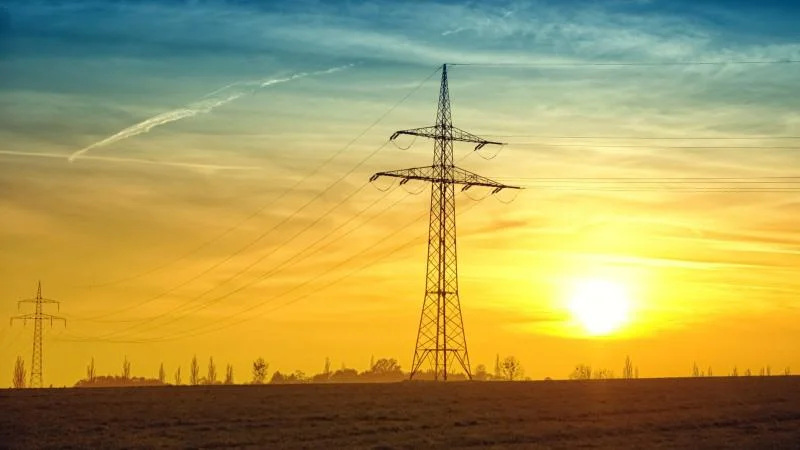Electricity consumption data shows significant economic activity downturn post Brexit

An analysis of electricity consumption data shows how economic activity in England and Wales has slumped since the Brexit vote, according to new research from LSE.
Researchers used ‘residual’ electricity consumption as a proxy for activity in the services and manufacturing economies to demonstrate how, on average, demand for electricity since the Brexit vote has dramatically under-shot what would have been expected had the United Kingdom voted to remain in the European Union.
While there has been some volatility in consumption since the vote, in November it levelled off to being consistently below what it was prior to Brexit.
‘Residual’ electricity consumption is electricity use that cannot be explained by other factors, including cold weather or public holidays. It is highly correlated with economic activity.
Dr Tom Kirchmaier, a researcher at LSE and author of the paper, said: "This research should unsettle those who are pinning their hopes on the government’s industrial strategy boosting the economy. It strips away the benefits the country has experienced because of a weak pound, such as increased tourism, and shows us what is really happening under the bonnet, in the economy’s real engine."
For the paper ‘Turning on the light: assessing the impact of Brexit using electricity demand as a proxy’, the academics created a model which predicts what electricity demand would be on a typical day, in a typical week of any year and then compared these expectations to what happened after the referendum in June 2016.
Electricity consumption data is published monthly, so this research represents a near real time indicator of the health of the economy and it will be updated on a monthly basis.
The analysis is consistent with the latest figures published by the Office for National Statistics (ONS) which show an unexpected slow-down in industrial production. According to the ONS, industrial production in October 2016 was down 1.1 per cent on October 2015.
For more information
Dr Tom Kirchmaier, T.Kirchmaier@lse.ac.uk
LSE Media Relations, pressoffice@lse.ac.uk or 0207 955 7060
Read the full analysis: Turning on the Light